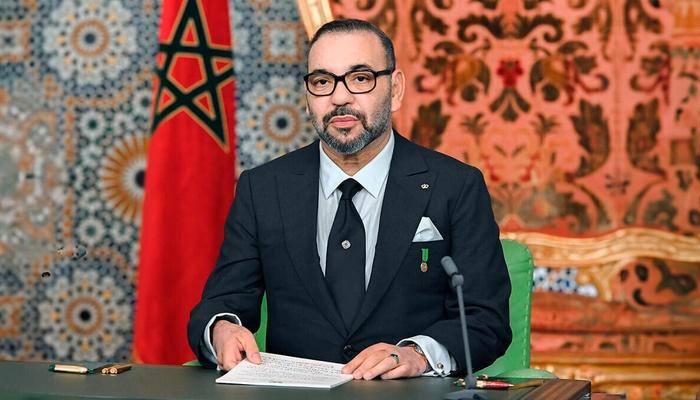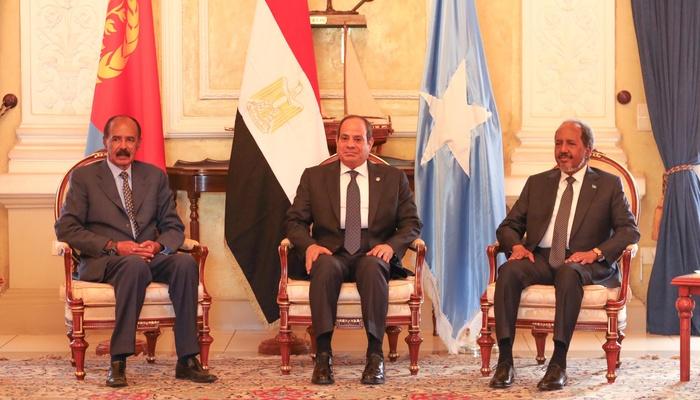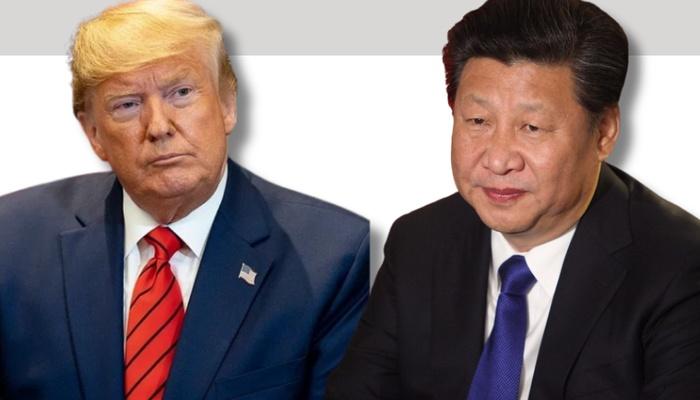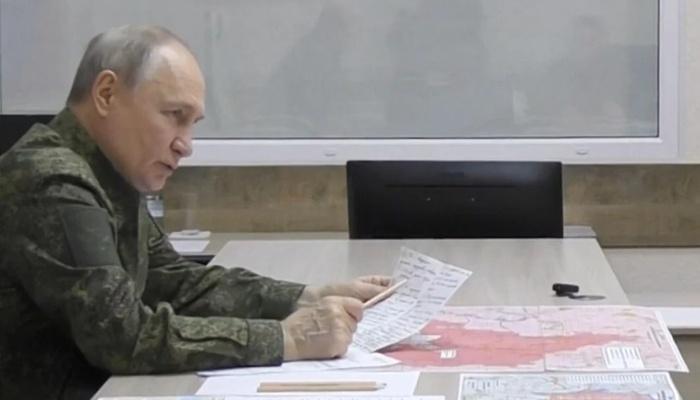The resurgence of extremist violence in Indonesia
On the last 14th of January a group of armed men attacked the Jalan Thamrin district of Jakarta, the business and commercial heart of the Indonesian capital. A series of explosions, one of which caused by two suicide attackers, near the central street of Thamrin street caused two people’s death and almost thirty wounded. Apparently, the assault would have been a simultaneous attack against touristic and security forces post, in order to hit one of the most important sector for the State economy and to jeopardize the credibility of the Jakarta’s authority. Indeed, besides the blasts, gunmen open fired against pedestrians at the crowded intersection between the most popular mall in town (Sarinah department) and a Starbuck coffee shop, near foreign embassies, international organizations and government offices. The lack of coordination between the attackers, on one hand, and the prompt intervention of Indonesian Security Forces, on the other, succeeded in containing the command and in neutralizing the threat in few hours.
The assault has been the first episode of extremism-rooted violence in the country since the bombing of the Ritz-Carlton and JW Marriot hotels in 2009. At first, the attack was claimed by Islamic State (IS). However, it seems likelier that the operation was the initiative of local militants, inspired by the charm of the new self-proclaimed Caliph, Abu Bakr al-Baghdadi, but which are not part of the Daesh. They are rather heirs of those jihadist realities that during the Two Thousands carried out the deadliest attack at Bali and Jakarta. Four of the gunmen arrested by Indonesian police the days after the attack (Sunakim, alias Afif, Muhammad Ali, Dian Joni Kurniadi and Ahmad Muhazin), in fact, were linked to the Partisan of the Caliphate (Jamaah Ansharul Khilafah, JAK), a sort of umbrella organization that brings together different groups that had showed interest in IS activities. The core of this reality is composed by the former members of Ansharud Daulah Islmaiyah (ADI), an ideologist movement born to deepen the indoctrination and faith among IS supporters in the hope of being recognized by the Iraqi leadership as the Indonesian branch of the Caliphate. Most of ADI followers were students of Aman Abdurraham, one of the most high-standing Indonesian jihadist cleric who became the principal supporter and preacher of IS in the country. Hardliner of the takfiri[1] doctrine, for long time Aman has been marginalized inside Indonesian Salafist panorama for considering institutionally apostate all the individuals (bureaucrats and security forces’ personnel) in service of a State that doesn’t adopt the Sharia law. With the IS’s international success, the cleric not only saw realized its belief but especially became more and more famous and appreciated among Indonesian jihadists. Although in the maximum-security prison on Nusakambangan (an island off the shores Central Java) since 2010[2], Abdurraham became the ideologist point of reference for all those interested in joining the IS militias in Middle East or in bringing the jihad inside Indonesia, against Indonesian authorities. The inadequate control on the use of cellular phone and internet connection by detainees, on the one hand, and sometimes the connivance of penitentiary personnel, on the other, had eased the coordination between the cleric and militants outside. Thanks to his preaching, ADI succeeded in attracting other organizations that pledged allegiance to IS, like Mujahidin Indonesia Timur (MIT) led by the current most-wanted militant in the country Santoso, and to get the shape of JAK.
Although the presence of such a reality, Indonesian jihadist panorama still remain very fractured right inside. Indeed, JAK can unlikely be considered a new single and structured group but instead an ideological umbrella that try to reunite together all those looks at jihad as a plausible instrument to fight current Indonesian system. However, this repulsion of central authorities is often the main reason that motivate militants to join the fight, not the inspiration of jihadism. This means that many local fighters are looking at IS and swearing faith to al-Baghdadi not because they recognize the jihadist project but for instrumental reasons, hoping that the allegiance could bring them weapons, cashes and especially prestige that they can use to strengthen their insurgent agenda. The competition among the different groups for financing resources inevitably contributes to deepen the fracture, as each cell is not incentivized to try to set a structured collaboration with others instead of using the cashes to reach its own goal. This trend is sharpened also by the strains between Indonesian commanders now fighting in Syria, in the Indonesian-Malaysia unit called Khatiba Nusantara, that are competing to finance the militants still in Indonesia to try to gain more influence once they will come back[3]. The lack of such an intention, to try putting in place a more structured coordination, and of a strong single leadership make the Indonesian jihadist panorama weak and less effective. As showed by the Sarinah attackers, the inexperience of local militants in carrying on a complex military action, significantly different from the guerilla they are used to, and the absence of a finalized battle plan minimized the effect of the assault.
However, even though at the moment it is too soon to think about a resurgence of jihadism in Indonesia, the proliferation of militants groups that don’t recognize the legitimacy of Indonesia central authority testifies that extremist violence and national terrorism are still a threat for State’s security. In the near future, in fact, the fragmented Salafist and jihadist panorama could become a fertile ground for those Indonesian that are now fighting with Daesh in Syria and, once back home, could try to find a pattern of collaboration, if not unification, between the different local cells. An agreement between those commanders for sharing operational expertise and setting up new training camps at disposal of local insurgent could mending the cracks that currently frustrate the efficacy of their action. But, an improvement in fighting techniques and more coordinated operations could hinder Indonesia security forces, for many years used to overcome guerrilla fighting or sporadic terrorist assaults, that could have now difficulties in addressing with effectiveness a more systematic and structured destabilizing efforts against the Indonesian State in the middle-long term.
[1] The term takfir comes from the Arab khafir and indicates Muslims considered apostate as they don’t follow strictly the Koran laws
[2] This was one of the first contact beteween him and Abu bakar Bashir, the spiritual leader of Jemhaa Islamyia (JI). Both of them were arrested for having established the training camp and detain in the same prison
[3] Bahrumsyah alias Abu Ibrahim, Salim Mubarok alias Abu Jandal and Bahrun Naim.









